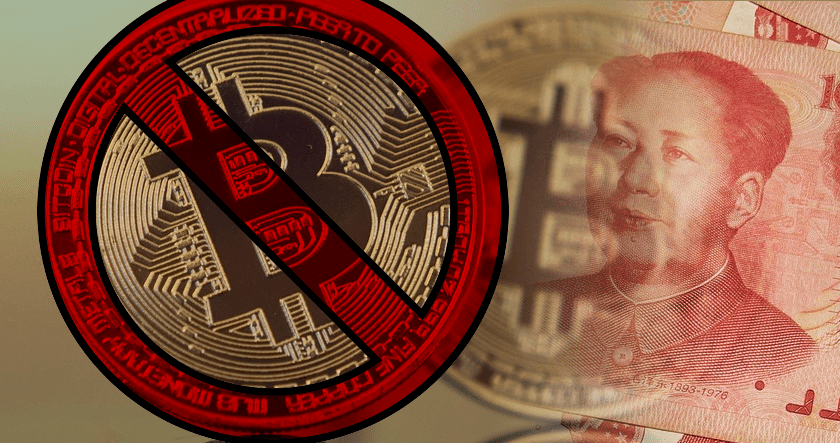Bitcoin was recently dealt a setback when China became the first country to make an official move against the currency and ICOs (initial coin offerings) when it shut down numerous exchanges. The move was so significant that it led many to wonder whether Bitcoin could sustain the setback.
China’s efforts to halt trading between Bitcoin and the yuan coincided with negative comments by JPMorgan Chase CEO Jamie Dimon. Dimon had few good things to say about cryptocurrencies, including Bitcoin, suggesting that investors are wasting their money with this market. His comments, along with China’s crackdown, brought Bitcoin prices from a $5,000 high to $3,000 in a short span of time.
Yet, as noted by Cointelegraph’s Darryn Pollock, the cryptocurrency wasted little time returning to its surge in price. Instead of giving up on Bitcoin trading altogether, Chinese traders proceeded to use an alternate trading method in the form of a private over-the-counter market. According to a report by the National Committee of Experts on Internet Financial Security, the clampdown on official exchanges caused over-the-counter Bitcoin trading to rise from about 5% before the changes were made to 20% a month later.
In line with their efforts to move away from the government’s scrutiny and continue dealing in Bitcoin, traders also shook up their communications. WeChat, China’s main messaging app, is known for its heavy monitoring policy. Group administrators on WeChat are required by law to censor discourse, including, as of late, a hard stance against Bitcoin-related talk.
To combat this, cryptocurrency enthusiasts moved to an alternate app called the Telegram, which boasts its own encryption measures giving users a higher level of anonymity. The migration was evident through Telegram’s activity, as the app saw numerous cryptocurrency groups appear, some numbering over 1,000 users.
Despite all the setbacks that Chinese Bitcoin traders have already overcome and its re-established price, Pollock points out that those wishing to trade in the cryptocurrency in China still have issues to deal with. Miners find themselves facing a tough choice: while Bitcoin remains legal in the country, the shutdown of official exchanges has many wondering whether a ruling to make the cryptocurrency illegal is in the works. This translates to a reluctance by some to invest into Bitcoin mining and a flight by others to the surrounding areas, such as Gansu and Inner Mongolia, which also provide affordable electricity expenses. And, while booming, the new peer-to-peer market is still too young to offer miners enough liquidity to trade their coins.
Nevertheless, Bitcoin’s perseverance in China appears to show a promising trend for the cryptocurrency, which was created in such a way to attempt to prevent governments from meddling in it.







